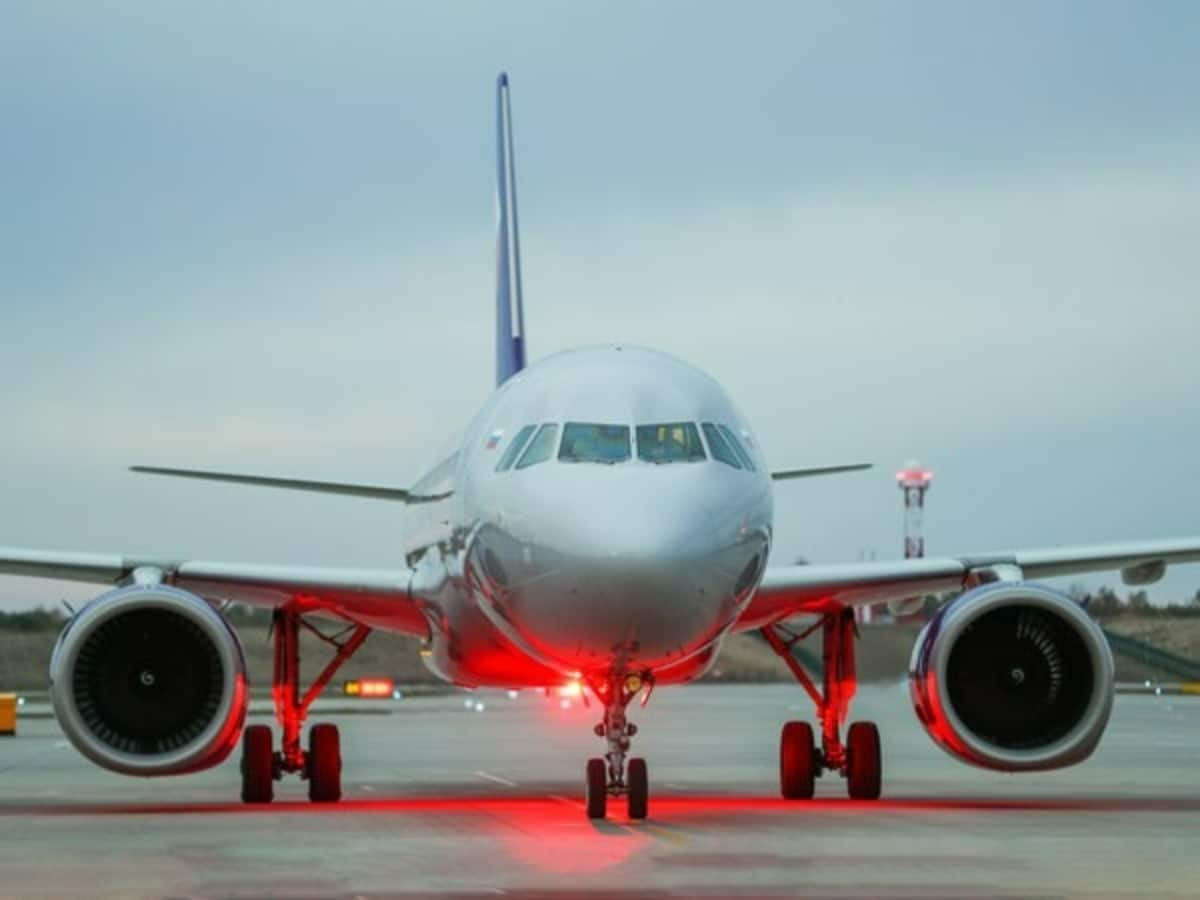Like many of the airlines it counts as customers, Airbus’s [AIR.PA] share price has yet to recover from the pandemic. On 16 February 2021, the stock closed at €130.84, by 29 March it had crashed to €49.51. Grounded planes are simply not good for business if your business is making them.
And, again, just like the airlines, the continuation of quarantine measures and travel restrictions has kept Airbus’s share price from fully recovering - although if you were canny enough to buy at the March 2020 nadir you would have seen a near 123% upside in the stock as of Tuesday’s close of €110.
Given that Airbus’s share price is still trading below pre-pandemic levels, there could still be plenty of upside left in the stock. Yet that all depends on the airline business picking back up. Airbus is optimistic and has announced an ambitious production schedule. Its suppliers, however, appear unconvinced.
123%
Airbus share price increase since March 2020, even before full economic recovery
Airbus’s share price could depend on how fast it churns out planes
Despite plans to almost double the production of its A320 jet, Airbus’s share price has slipped over 4% this month.
Currently Airbus produces around 40 planes a month, but has a firm target to produce 64 a month by the second quarter of 2023, as reported by Reuters. A more ambitious goal is to produce 75 A320s a month by 2025. Airbus justifies the output by pointing to a post-pandemic world where travel demand has returned.
Not everyone is happy. Airplane leasing companies and engine makers have warned that this could hurt plane values with the market still fragile following Covid. Suppliers worry that investing in more machinery might not pay off if Airbus is wrong, while engine makers worry that more new jets means less business repairing existing ones.
The spat highlights different views over the pace of the recovery. While analysts have suggested that smaller jets like the A320 will be the first to benefit from a resumption in the travel industry, there are still a lot of grounded aircraft. Among those unconvinced is the world's third-largest engine maker Safran.
"On the exploration of rates above 65, it is obviously a challenge, and for us the question remains the same - whether such rates can be sustained over the medium term. It is still an open question," Safran Chief Executive Olivier Andries told reporters following the company’s quarterly earnings results. "Sure, we have already seen production increases in the past, before the crisis. But the supply chain has been greatly weakened during the crisis."
Aggressive production could hamstring Airbus’s share price, and the industry at large, at the worst possible point. Then again, if travel demand does return, Airbus will have plenty of planes for travellers to fill.
“For us the question remains the same - whether such rates can be sustained over the medium term. It is still an open question” - Safran CEO Olivier Andries
Where next?
Airbus’s gambit on a turnaround in travel post-pandemic reflects a bullish mood at the European plane maker. Following recent third quarter earnings results, Airbus raised its full year guidance and cash flow targets. For the full year, Airbus now expects earnings before tax to come in at €4.5bn, up from €4bn. Free cash flow is expected to be €2.5bn, up from €2bn. Third quarter profits were €666m - a 19% slip from the same period last year, but topping analyst expectations.
$4.5billion
Airbus earnings before tax expectations, up from $4bn on the year
Analysts seem to think there is upside in Airbus’s share price, which has a €136.75 price target from the analysts polled by Refinitiv. Hitting this would see a 24.7% upside on Tuesday’s closing price. Of the 18 analysts polled, the highest price target is €159, which would see a 45% upside, while the lowest target is €111 - a slight 1.2% gain on Tuesday’s close.
Continue reading for FREE
- Includes free newsletter updates, unsubscribe anytime. Privacy policy





